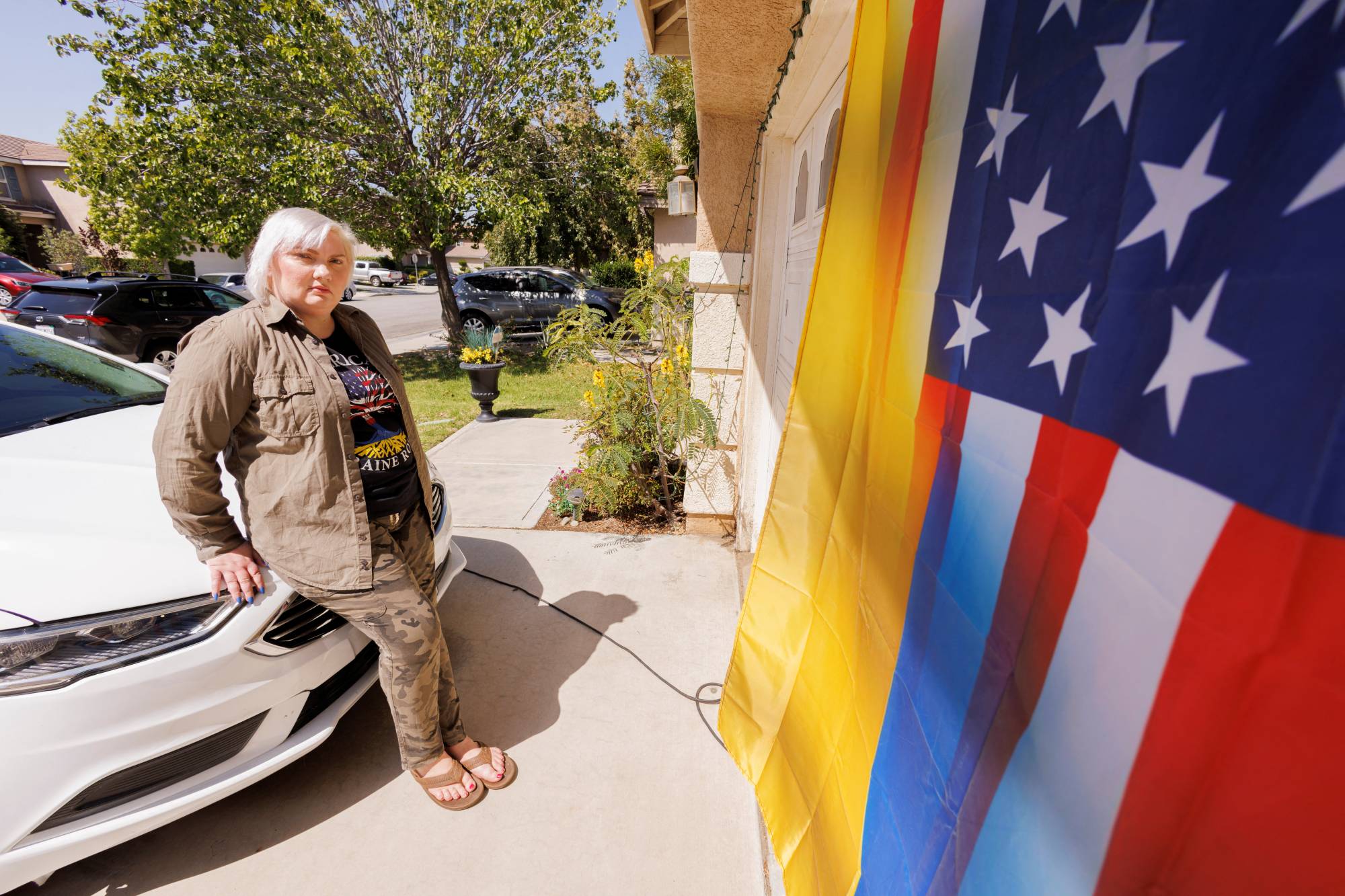Twice daily, Yuliya Day reaches out by phone from Los Angeles to see how her mother and aunt are doing in the attic they’ve rented in Warsaw. The sisters, 68 and 70 years old, crossed the Polish-Ukrainian border with two cats and a few belongings after fleeing Kharkiv.
Between calls, Day resumes her monthslong effort to bring her mom and aunt out of Europe and into the United States. The 42-year-old special needs instructor is among six Ukrainian Americans who spoke about navigating any route they can find through what they described as the difficult and confusing legal process of bringing in loved ones fleeing war.
The administration of U.S. President Joe Biden expects most Ukrainians whose lives have been upended by Russia's invasion to stay in Europe. But it said in March it would accept up to 100,000 using existing legal pathways. On April 25, a Uniting for Ukraine website went live allowing Ukrainians with American financial sponsors to apply to stay and work in the United States for up to two years under a humanitarian parole program that does not offer a path to citizenship.



